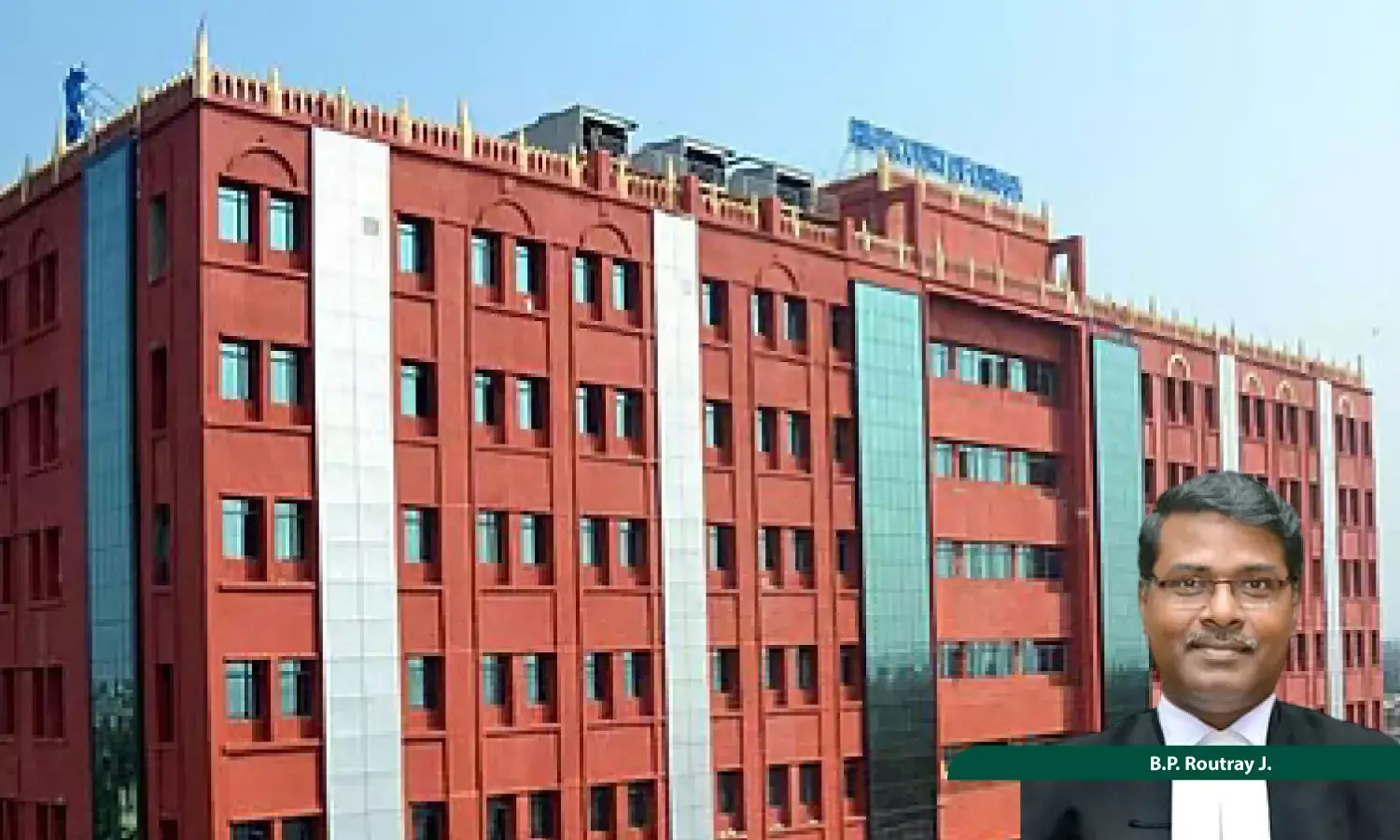Prayer For DNA Test To Determine Parentage Of Rival Party Unwarranted In Partition Suit; Affects Right To Privacy: Orissa High Court
The Petition before the Orissa High Court was filed against the order rejecting the prayer for the DNA test of the third defendant.

Justice B.P. Routray, Orissa High Court
While considering a matter relating to a partition suit, the Orissa High Court has held that the prayer for a DNA test to determine the parentage of the rival party is unwarranted in a suit for partition.
The Petition before the High Court was filed against the order of the Civil Judge (Sr.Division), wherein the prayer of the first defendant for DNA test of the third defendant with regard to his parentage had been rejected.
The Single Bench of Justice B.P. Routray held, “In a suit for partition, the prayer for DNA test to determine parentage of rival party is unwarranted. It is to be borne in mind that forcing a person to undergo DNA test affects his right to privacy.”
Advocate B. Sahoo represented the Petitioner, while Advocate A.P. Bose represented the Respondents.
Factual Background
The plaintiff (first Opposite Party) filed the suit praying for partition and the Petitioner (First Defendant) filed his written statement along with counter claim stating that the third Defendant had no share in the suit property for the reason that he was not the son of Thutha Budula@Kisan and then he filed the petition praying for DNA test. The wife of Thutha Budula was examined as a witness and she admitted that the third defendant was the son of Thutha Budula and herself.
Reasoning
The Bench noted that the present suit is one for partition where the first defendant disputed the parentage of the third defendant despite the evidence of the mother (PW2). The third defendant had not disputed the status of PW2 as the wife of Thuta Budula, who is dead now, nor did he dispute valid marriage between PW2 and Thuta Budula at any point of time.
“Defendant No.3 being a third person is also not authorised to do so. In such situation, directing for DNA test of the child on the face of admission of the mother would be an insult to her motherhood and against the law enumerated in section 112 of the Evidence Act. Apart from this, it is inconceivable how the DNA test would be relevant in a case of partition where the status of the parties as the members of joint family is required to be seen to determine their respective shares.It is important to be reminded here is that recognition of a person as son of another is not required to be determined through blood relation only and what is important is his recognition in the society as such”, it held.
Considering the fact that the first Defendant is a 58-year-old man, the Bench held that the trial court had rightly observed that the direction for a DNA test at this stage would not bring any fruitful result.
Reference was made to the judgment in Satyanarayan Chandra Deo vrs. Kumari Rajamani Deo (1985), wherein it was observed that the mother of the child is the best witness to prove his paternity. The Bench did not find it to be a fit case where the DNA test of the third Defendant could be ordered.
Cause Title: Golapi Majhi v. Bhabanishankar Budulal @ Kisan (Case No.: CMP No.758 of 2025)

